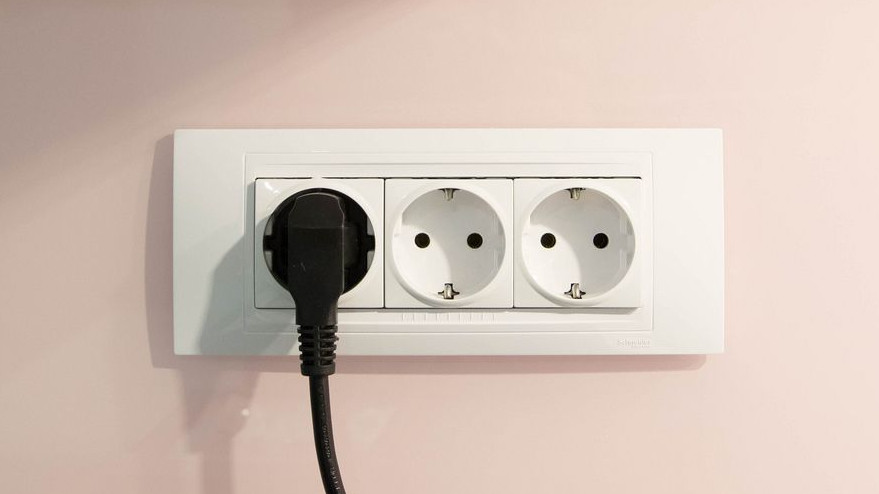This page contains automatically translated content.
What motivates us to save electricity - and what doesn't
 Image: Marco Verch.
Image: Marco Verch."This means that households in Germany obviously do not see electricity saving as an important contribution of their own to environmental and climate protection," Elke D. Groh from the Empirical Economic Research department comments on the results. At the same time, the electricity consumption of households in Germany accounts for a large share of their final energy consumption at just under 20% (2018). Due to high electricity prices, this can lead to heavy financial burdens, especially for low-income households. The German government therefore offers, among other things, information campaigns and advisory services on electricity saving in households.
The economists Prof. Andreas Ziegler, head of the Department of Empirical Economic Research, and Elke D. Groh have empirically investigated what really has a significant influence on the electricity consumption of households in Germany in a study using data from a representative survey that has just been published in the journal Ecological Economics. They analyzed electricity consumption as a function of sociodemographic and socioeconomic characteristics, as well as residential and housing-specific characteristics. For the first time, they simultaneously considered two additional groups of explanatory variables: On the one hand, individual values and attitudes, such as environmental awareness or political orientation, and on the other, so-called economic preferences, i.e. personality traits such as altruism, risk-taking or patience.
Probably the most striking result is that neither environment-related values such as identification with environmental policy and environmental awareness nor environment-related norms have a significant influence on electricity consumption. "Thus, to refer argumentatively to the connection between electricity consumption and environmental protection alone is obviously not an effective strategy in Germany to motivate citizens to save electricity," Ziegler concludes. Instead, the researchers believe that emphasizing economic and financial aspects such as lower costs through electricity savings is more promising.
As the most important factors for electricity consumption, the study points to housing-specific and, above all, sociodemographic and socioeconomic characteristics. For example, men, older people and people with less education and poorer health consume significantly more electricity. Based on these findings, the authors conclude that public electricity conservation initiatives should be targeted to specific populations.
The study also shows that patience is associated with lower electricity consumption. According to Groh and Ziegler, one possible explanation for this finding is that generally more patient people are more likely to invest in energy-saving measures, which only lead to financial benefits in the long term through lower energy costs, but to immediate costs in the present. "A practical recommendation from the identified relationship between patience and electricity consumption is to shorten the time lag between electricity consumption and electricity billing, so that consumption and costs are more directly related," Ziegler adds.
Publication:
Groh, Elke D., and Andreas Ziegler (2022), On the relevance of values, norms, and economic preferences for electricity consumption, Ecological Economics 192, 107264
https://reader.elsevier.com/reader/sd/pii/S0921800921003232?token=04F1526156EA34E3CFADE945444E94BCD842C97BBB7219C0B27BECEBCAF359642978745A6AD2506E85A10779C2B07881&originRegion=eu-west-1&originCreation=20211105084641
Contact:
Elke D. Groh
University of Kassel
Institute of Economics
Department of Empirical Economic Research
Phone: 0561 804-3044
E-mail: elke.groh[at]uni-kassel[dot]de
Prof. Dr. Andreas Ziegler
University of Kassel
Institute of Economics
Department of Empirical Economic Research
Phone: 0561 804-3038
E-mail: andreas.ziegler[at]uni-kassel[dot]de
Press contact:
Sebastian Mense
University of Kassel
Communications, Press and Public Relations
Phone: 0561 804-1961
E-mail: presse[at]uni-kassel[dot]de
Photo: Socket on a wall by Marco Verch under Creative Commons 2.0.